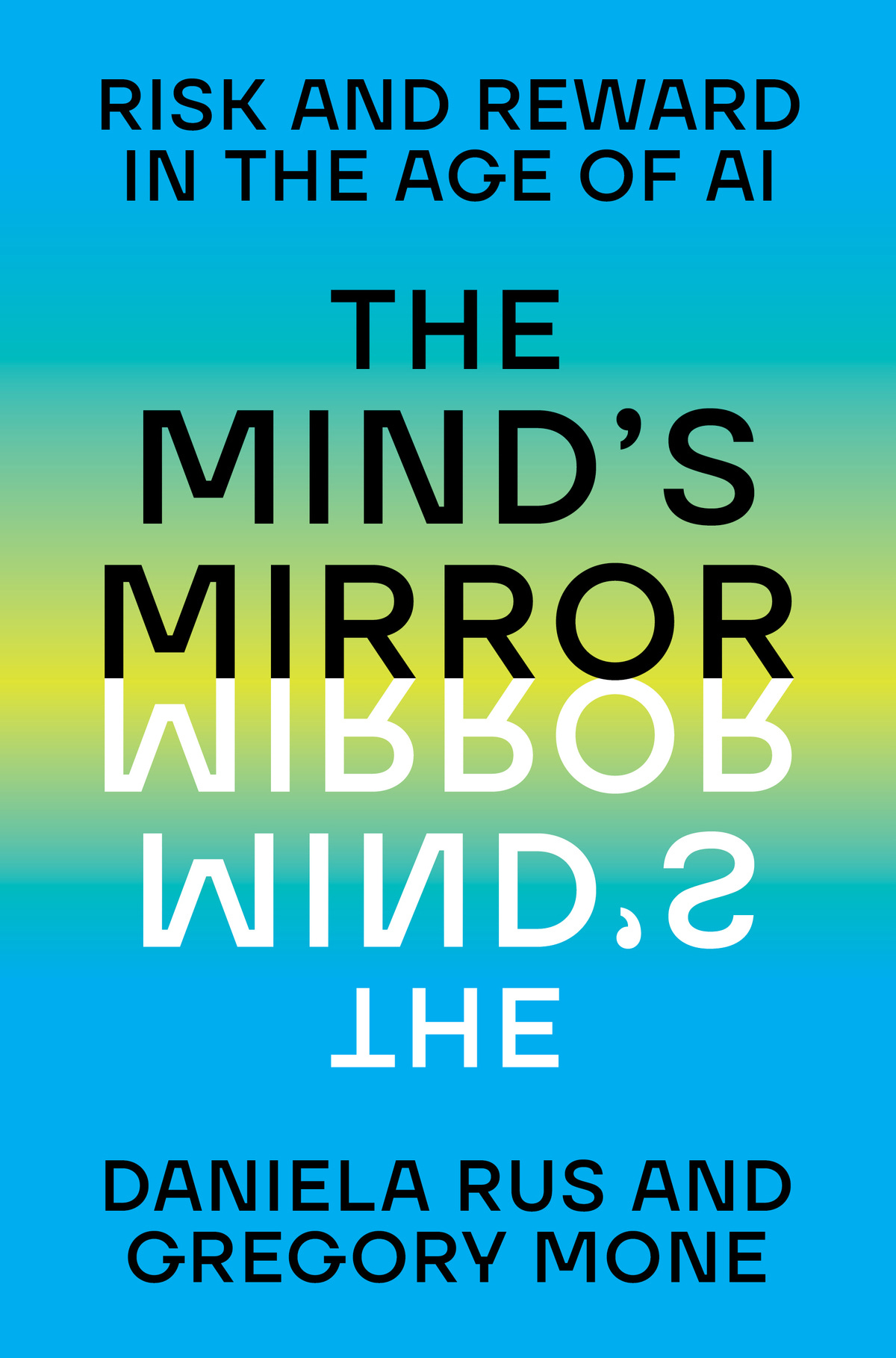You Wrote What?
My new book on AI is out today & here's why you should check it out
When my first book was published, way back in 2003, I couldn’t wait to spot it in the wild. I hurried to my local Barnes & Noble, pushed through the glass doors with excitement, and nearly fainted. Sure, I’m a fainter, so this wasn’t that big of a deal. The key here is the why.
Inside the store, I realized that other people publish books, too. In fact, I couldn’t even find mine. Part of that had to do with the cover. The publisher had proposed a bright and flashy version, but I picked the one that connected more with the text. Unfortunately those muted browns and faded yellows blended into the surroundings. My book was dressed in camo.
Since then I’ve learned to get out of the way of the designers. Here’s the cover of my new book, which is out today:
Which brings me to my next point: I have a new book out today!
Here are five reasons you should grab a copy:
AI IS VERY CONFUSING AND DANIELA IS ABSURDLY SMART.
This is seriously complex technology. Interacting with it feels a little like magic, or as if we suddenly jumped into the future. My coauthor, Daniela Rus, has been working in this field for decades. She runs the Computer Science and Artificial Intelligence Lab at MIT. She knows as well as anyone how this technology works and what it might be able to do today and in the future.
As for me, well, I’ve spent the last decade writing primarily for kids, explaining complex topics like astrophysics for younger readers. So I think we’re a pretty good team for this topic, since she has all the knowledge, and I specialize in making everything easy to understand.
AMAZON’S EDITORS SELECTED IT FOR THEIR BEST NONFICTION LIST.
Harvard Business Review also covered the book in its summer issue, highlighting the second part, and noting the material’s potential value to companies mapping out their AI plans. And here’s what Publishers Weekly had to say:
“The authors’ optimistic perspective serves as a refreshing corrective to AI doomsaying, and they offer practical suggestions for curbing what dangers the technology does pose, advocating for federal oversight of AI development and for disclosures to consumers when AI has been used to generate content. Readers will be enlightened.”
PART TWO WILL GET YOU INFORMED & INTELLIGENT.
The Mind’s Mirror is organized into three parts. The first looks at the positive potential and possibilities, the third analyzes the many dangers and risks, and the middle details all the variations of AI and how they work. Daniela knows this material inside and out so it was incredibly fun working together on these chapters to make them as clear and concise as possible. Hopefully they will give you a better sense of what’s really going on behind the magic.
THIS IS TECHNOLOGY WE ALL NEED TO THINK HARD ABOUT.
Daniela has a very rational view of the future. She’s optimistic but reasoned, and details the many ways this could go wrong. One of her main points is that AI is a tool and that we are the ones who will define how the variations of these tools will be used. Part of the drive behind writing about science is to get the public excited about grand discoveries so that we continue supporting big, expensive missions or research projects with no obvious payback. Scientists need taxpayers to stay interested or they lose funding.
This AI issue is different. We need as many people as possible to understand this technology because it’s so powerful and disruptive, and we need more voices involved as regulations and legislation develop.
THIS BOOK WILL MAKE YOU FEEL BETTER ABOUT YOUR BRAIN.
I’m kind of giving away the ending here, but the last chapter is a good one, because it compares artificial intelligence to real intelligence — the sort that’s happening inside the human brain. After working with Daniela, I feel way, way better about how our minds compare to the artificial ones.
Working with her has changed how I think about intelligence. For instance, here’s my initial draft of the 4th sub-heading: “Part Two Will Help You Sound Informed & Intelligent.” In writing that, I was thinking of equipping you with facts and ideas that would set you up well for intelligent cocktail party conversations. But sounding intelligent has new meaning for me now after working with Daniela. This is what LLMs like ChatGPT do really well. They sound smart. But they’re not. Humans are smart. And I hope the book helps you see that, and appreciate the marvel that is the human mind.


